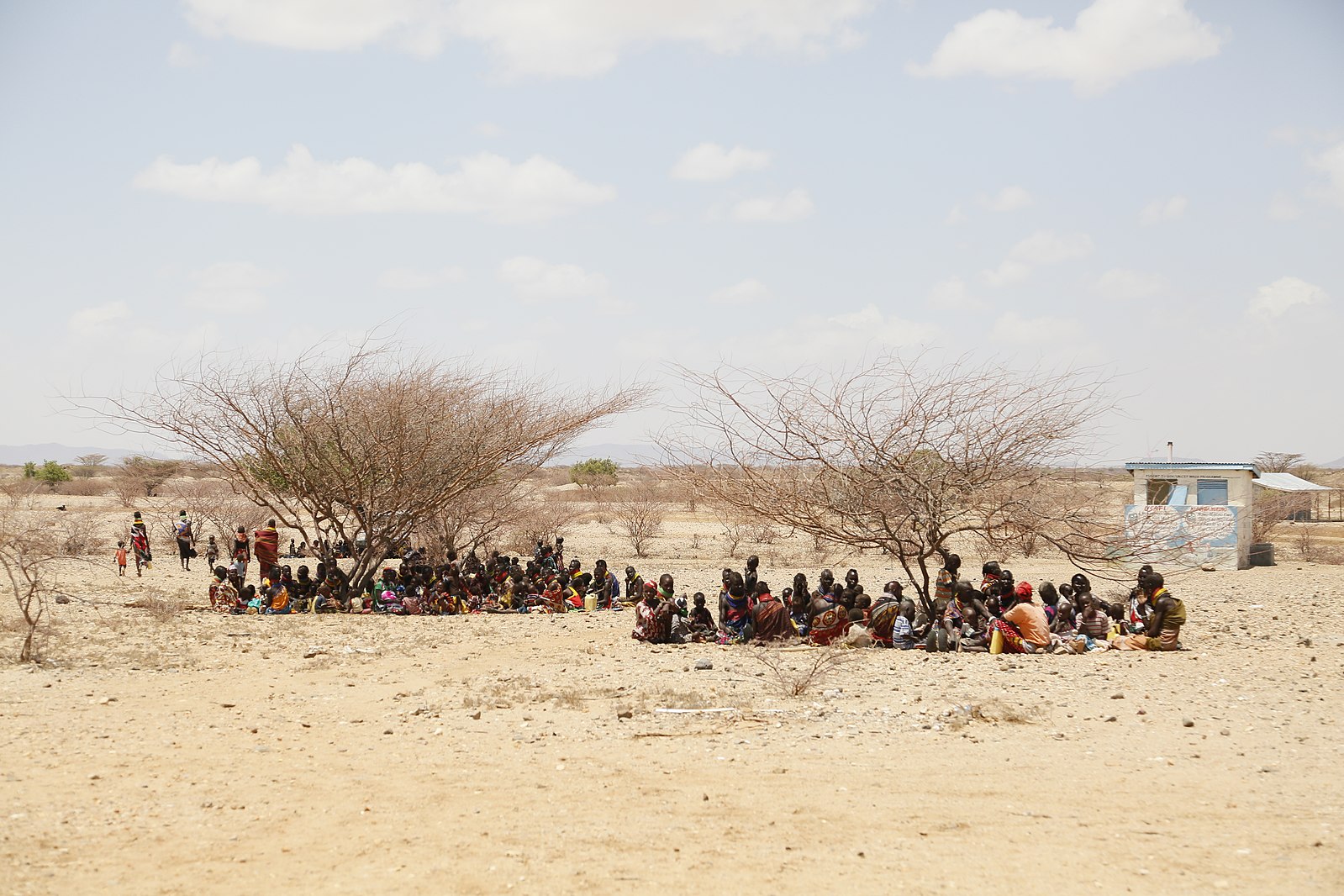
NATO Seminar on Climate and Security with Judge Alice Hill
On Thursday, September 17, the NATO Policy Planning Unit, Office of the Secretary General and the Environment & Development Resource Center (EDRC) hosted a seminar regarding climate security challenges for NATO.
This online video conference served as the 12th meeting of the Brussels Dialogue on Climate Change. Organizers aimed to facilitate discussion between civil society and key stakeholders about how NATO can and should play a leading role in mitigating the effects of and adapting to climate change.
ASP Consensus for American Security member, Judge Alice Hill, delivered a presentation on building transatlantic climate resilience as part of a panel discussion for the conference. Currently, Judge Hill is a David M. Rubenstein Senior Fellow for Energy and the Environment on the Council of Foreign Relations. Previously, Hill served as Special Assistant to the President and Senior Director for Resilience Policy in the National Security Council under the Obama administration.
In her presentation, Judge Hill urged NATO to recognize the threat climate change poses to military infrastructure, time efficiency, and fragile states. She argued:
“The traditional threat environment has changed. It’s changing quickly and dramatically. These borderless challenges posed by climate change are already destabilizing fragile countries and vulnerable regions. Because climate change brings new extremes never before experienced, it will require military forces to examine all aspects of their mission.”
Judge Hill added,
“They must anticipate more frequent calls for humanitarian assistance. They must also plan for how climate change will affect military readiness, its operations, and its acquisitions. Can their fighter jets fly in extreme heated conditions? Can they take off? What kind of runways do we need? Can young men and women soldiers remain healthy as temperatures soar? Are military bases prepared for bigger storms, deeper drought, and sea level rise?”
ASP has written extensively on the ways climate change threatens U.S. military operations and strategy. In September, for example, ASP reviewed the U.S. Army’s handbook to guide Army base planners in assessing and applying climate exposure impact risk to installation processes. In July, an ASP blog post examined the climate security implications of legislative approval for the FY2021 National Defense Authorization Act (NDAA).
The full video of Judge Hill’s presentation can be found here.





